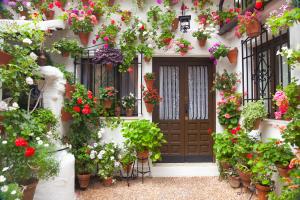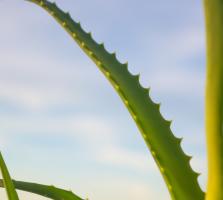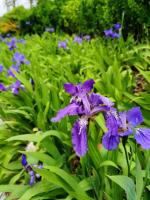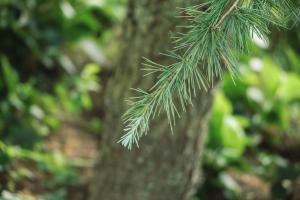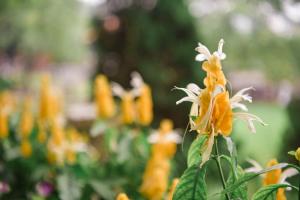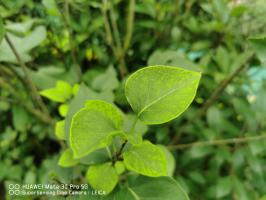Will Bleach and Water Kill Plants?
When it comes to plant care, it's essential to use the right products to keep them healthy and green. However, accidents can happen, and you may spill bleach or accidentally water plants with water that has bleach in it. So, will bleach and water kill plants? The short answer is yes, and here's why.
How Does Bleach Affect Plants?
Bleach, also known as sodium hypochlorite, is a potent chemical used for disinfecting, cleaning, and whitening. It's toxic to plants because it disrupts their cellular processes, hindering their ability to photosynthesize and produce food. When plants absorb bleach, it causes the cells to break down and eventually die. Conversely, plants need water to thrive, and chlorinated water can have similar effects on them.
What are the Symptoms of Plants Exposed to Bleach?
Plants that have been exposed to bleach may display a range of symptoms, including leaf discoloration, wilting, and browning. The leaves may also turn yellow or have black spots or patches. Additionally, the stems and roots may become weak and brittle or mushy and slimy.
Preventing Plants from Exposure to Bleach
One way to prevent plants from exposure to bleach is by being cautious when using it around them. If you're cleaning a surface with bleach, cover the surrounding plants with plastic bags or sheets. Similarly, avoid using chlorinated water when watering plants. Allow the water to sit out for a few days to allow the chlorine to evaporate before using it on your plants. Alternatively, you can use rainwater or distilled water, which are free of chlorination.
What to Do if Plants are Exposed to Bleach?
If you accidentally expose your plants to bleach, there are steps you can take to minimize the damage. Firstly, remove any affected leaves or plant parts. If the plant is in a pot, rinse the soil thoroughly with fresh water to dilute the bleach. If the plant is in the ground, water the soil around it to dilute the bleach. You can also add activated charcoal to the soil to neutralize the bleach.
In Conclusion
In summary, bleach and water can be harmful to plants, causing them to wilt, discolor, and eventually die. As a plant owner, it's essential to take steps to prevent exposure to bleach and ensure that your plants have access to non-chlorinated water. If your plants do get exposed to bleach, remove the affected parts, rinse the soil, and take steps to neutralize the bleach to minimize the damage.

 how many times do yo...
how many times do yo... how many planted tre...
how many planted tre... how many pine trees ...
how many pine trees ... how many pecan trees...
how many pecan trees... how many plants comp...
how many plants comp... how many plants can ...
how many plants can ... how many plants and ...
how many plants and ... how many pepper plan...
how many pepper plan...